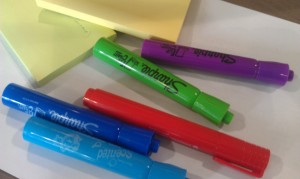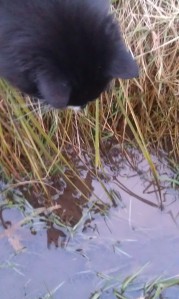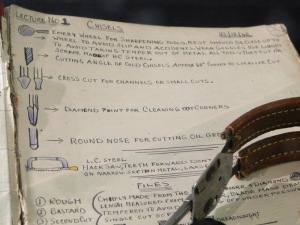I started this blog as a PhD candidate in English & Cultural Studies at McMaster University. During my degree, I worked as a TA, a Senior Writing Assistant at McMaster’s Student Success Centre, and a freelance copy editor and proofreader. In the final year of my degree, I also started full-time as an Educational Consultant at the McMaster Institute for Innovation & Excellence in Teaching & Learning.
Working as an Educational Consultant was a great opportunity. It was a new avenue to explore after completing my dissertation investigating the pedagogical dimensions of canonical Asian Canadian literary texts, and it allowed me to continue doing the type of thinking-out-loud that I’ve been doing through this blog. But Dry-Erase Writings, and my love of working with writers as both a writing advisor and freelance editor, also attest to the satisfaction playing with language gives me.
So I’m committing myself to working in both fields: as a freelance editor and educational consultant. As an editor and proofreader, I work with businesses, scholars, researchers, and web content providers. If you want to know more about the editing & writing services I provide, please visit www.LisaKabesh.com.
This means that Dry-Erase Writings is officially on hiatus. Maybe I’ll come back to it, but I can’t pretend to myself any longer that I’m somehow going to start posting regularly again. I think this also means that the post-PhD era can be a strange sort of timescape to step into. This has been the case for me, anyway, because time really does feel like a different thing these days, now that the dissertation stress, and the stress of working too many jobs at once while underfunded in my fifth year, has sloughed off. I’m thinking of a University Affairs piece I read recently called “Certainty and Time.” It’s a brief and well-measured piece about stepping off the academic career track, and it’s a good one.
It’s time to take some time.

 The Society for Teaching & Learning in Higher Education’s (STLHE) annual conference
The Society for Teaching & Learning in Higher Education’s (STLHE) annual conference

